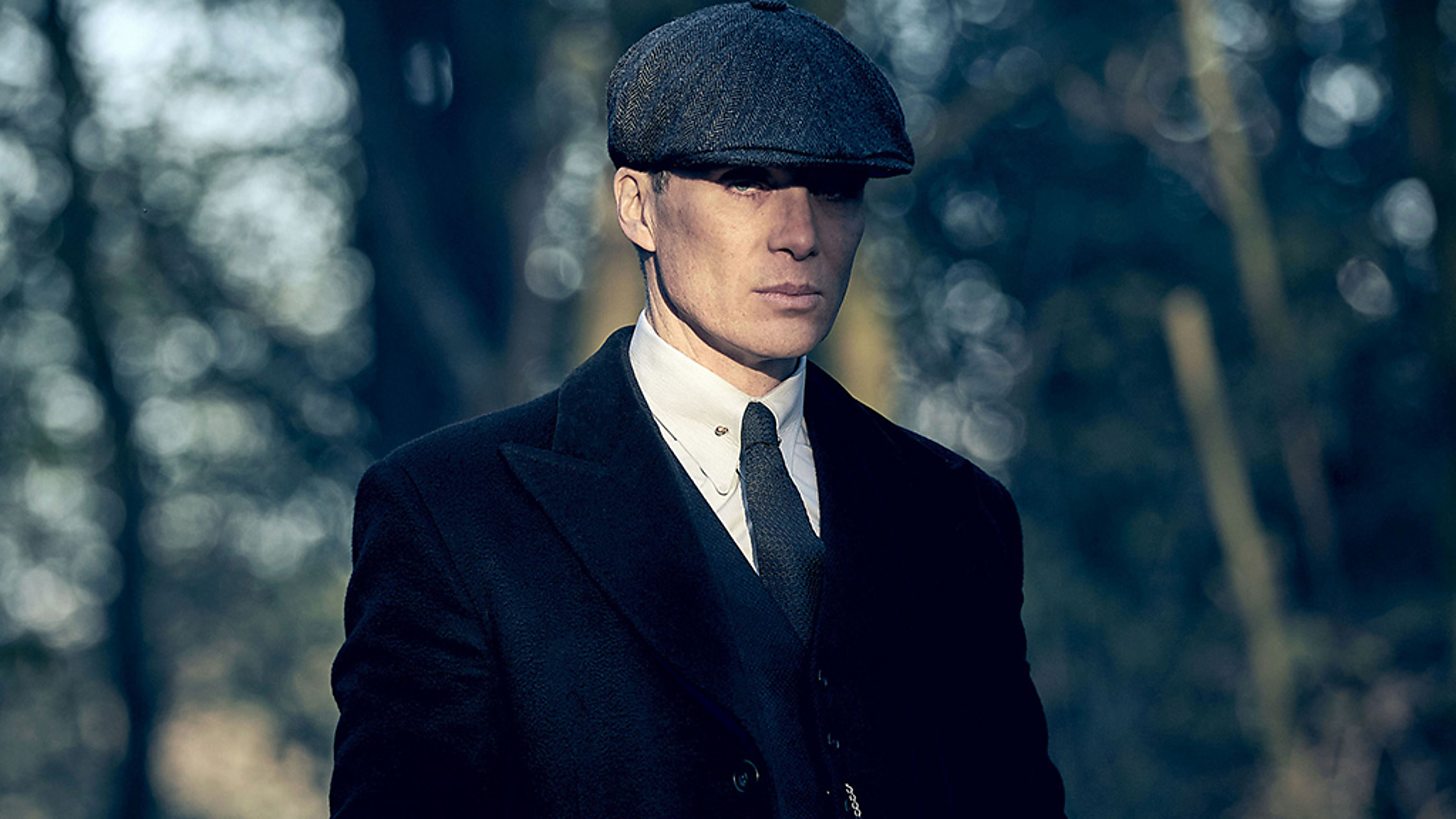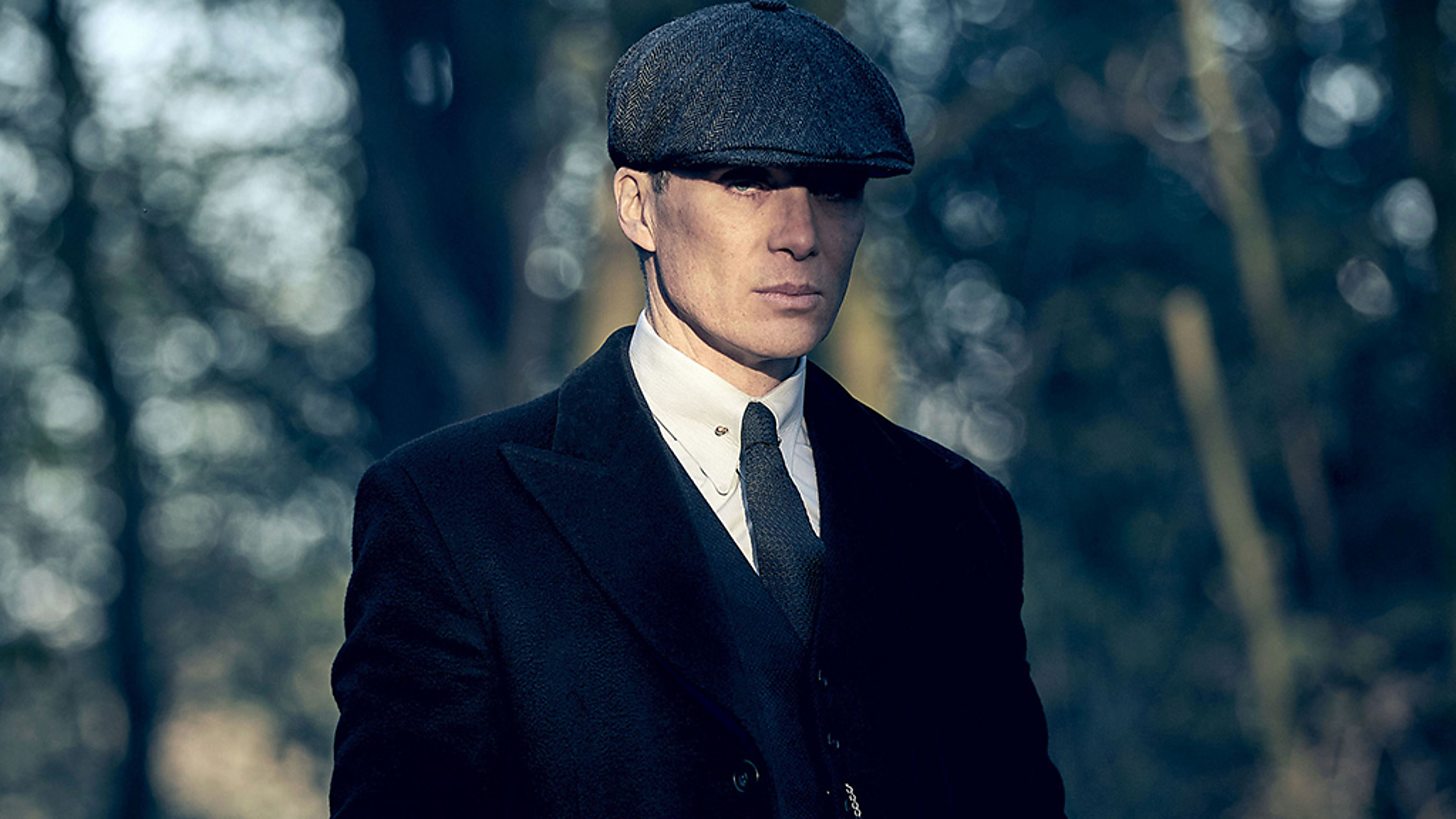*
INTERVIEW SOURCE: BBC MEDIA
*
At the end of last season we left Tommy holding a gun to his head. What’s next?
An awful lot will be revealed in the very first ten minutes of episode one of series six. A lot of what happens in that first ten minutes becomes the engine for the rest of the story and for the rest of the series. I think it’ll be a very, very satisfying opening ten minutes for audience members. Steve Knight is amazing at writing these cliffhangers where you think, ‘How can the character possibly continue?’ Or ‘How can he [Steven Knight] write himself out of this one?’ And he always does, in a very unexpected way. He’s done it again with this.
*
Some of his last words were that he’d come across someone he couldn’t defeat. Did he mean a person or fascism, an entire ideology? What did he mean?
When we left Tommy at the end of five it felt like he had finally lost control; that he for once in his life wasn’t ahead of everybody else – because he’s always ahead, and it felt at this point as though he wasn’t. The culmination of all these suicidal thoughts, these hallucinations he was having and everything… that all just came together in that field as he stood there. The thing you say about the ideology: there’s a continuation of that story in five, the ideology being fascism. That storyline is very much unfinished and that will continue in a very interesting way.
*
*
When is series six set and what is the historical moment?
Steve [Knight, writer] weaves in historical events and characters so brilliantly – weaves them in with our fictional characters. We’ve jumped ahead now – we’re in 1934 in the story so quite a bit of time has elapsed. Historically, we know where that was headed in terms of the rise of fascism and everything. But he also brings in a few new characters that are unexpected. Some are real life historical characters and others are based on real life historical characters but they’re all very, very interesting. Again, Tommy’s rise is at the centre of it all – he’s a legal bookmaker, then all of a sudden he becomes an MP and now he’s mixing with Churchill. And it goes beyond that again in the next series.
*
What’s it like for you reading the new scripts for a new series, finding out where Tommy is going to go?
It’s always intriguing. It’s always exciting. It’s always unexpected. And what Steve does a lot of the time is he picks lesser-known events that are not the events that we would all learn in school in history. They’re events that he finds reported in the newspapers in Birmingham, for example, but ones that didn’t make the national papers. Or lesser-known characters that were working behind the scenes in history. That’s very interesting, because it comes at it in an oblique way.
It’s an interesting way in for the characters too, because you’re not all the time rubbing up against events that are in the forefront of people’s memory.
*
How has making Peaky Blinders changed your understanding of the interwar years?
Right at the beginning Steve was very clear that he wanted to make a drama that was set between the wars in Britain. As an Irishman I didn’t know anything about that really. So I read about that period when we started and it was fascinating. The whole premise of the show is that these men came back from the First World War just broken and shell shocked – we now call it PTSD. It’s about how these men tried to fit back into society, how difficult that was for them – and how difficult it was for society. That hadn’t really been explored, certainly in a TV show like this.
*
*
You’ve played a massively diverse range of characters in your career on stage and screen, but never a single character for this long. What have you learned from playing Tommy Shelby over 36 hours of television?
I’ve been thinking about this. I was 36 when I started playing Tommy Shelby and I’m 45 now. Probably by the time this finishes being broadcast I’ll be 46 so it’s effectively a decade. That’s the same for all of us who were there from the beginning. It’s a gift to be able to play a character for that long and to grow old with a character like that. I don’t know if it’s consciously or subconsciously but I imagine you probably bring some of that maturity or ageing – certainly wrinkles – to the part. Normally we shoot and then there’s at least a year or a year and a half (and in this instance, longer) between the series, so every time it feels like starting again.
The nature of acting is that normally you do it and then you move on you, you clear the harddrive, and you move on to the next thing. But with Peaky it’s different: you have to keep coming back and rebooting. On the other hand every time we do come back the scripts have advanced and developed and Steve is cognisant of the fact that the actors have gotten older, so he writes to that as well. Which I think is clever; it would be foolish if we were we were stuck in some suspended state where we were all the same. He writes for us as we get older.
*
How do you get back in to Tommy mode when it comes to shooting a new series?
It takes me a good few months to get to get my head around Tommy again. Just to get the voice back; to get the walk back; to get the physicality back; to get into condition again, into shape again, all of those things. I spend a lot of time with the script, a lot of time working with Anthony Byrne the director and a lot of time chatting with Steve.
*





*
What has maintained your interest in the character over a decade?
If I find it’s easy then I’m a little bored by it. Whereas if you can write something for me and I go: ‘Oh, how am I gonna do that? Oh, wow. Okay…’ then that’s what interests me. And Steve [Knight] does that a lot. He goes: ‘Right, we’ve got you here… and now I’m going to push you over to the next level. What Steve has really mined with Tommy over the years is this tension that exists in him between all the bad things that he does and this desire, ultimately, to be a good person. It’s like he has this cognitive dissonance. Like he’s holding all these conflicting ideas and desires in his head. And it breaks him, you know. It emotionally destroys him.
Sometimes, Steve will write something and you think, ‘Oh my God.’ Like, it’s easy to walk down the street looking cool with a fag in your mouth. It’s not easy to have a very truthful, honest, emotional breakdown about Tommy’s children or Tommy’s relationships. That is the stuff that I read, and I go: ‘How am I going to do that?’ And contain it within all the other things that we know about Tommy Shelby. Steve makes him very fallible and that’s what I like about him.
*
Is this the end of the story for Peaky?
I think Steve has always had an endgame in mind. Covid screwed that up a bit. But now he’s got lots of plans to make a film. So I don’t think this is the end of the story. I think it’s probably just the end of the story in this form. But Steve is always bringing up ideas. And they’re always good. So I’ll just wait and see what he has to say.
*
Peaky Blinders series six airs from Sunday 27 February at 9pm on BBC One & BBC iPlayer.
*


